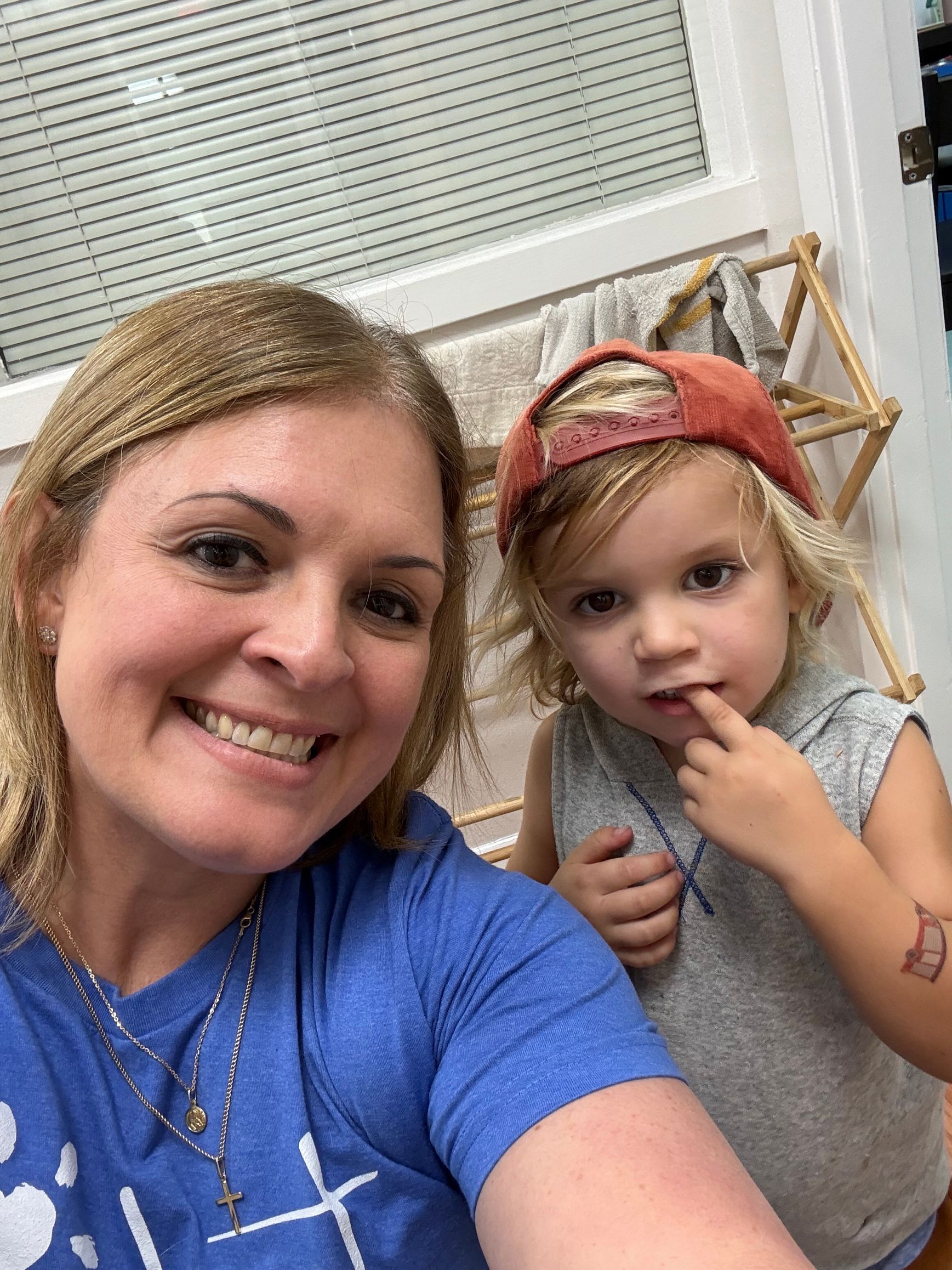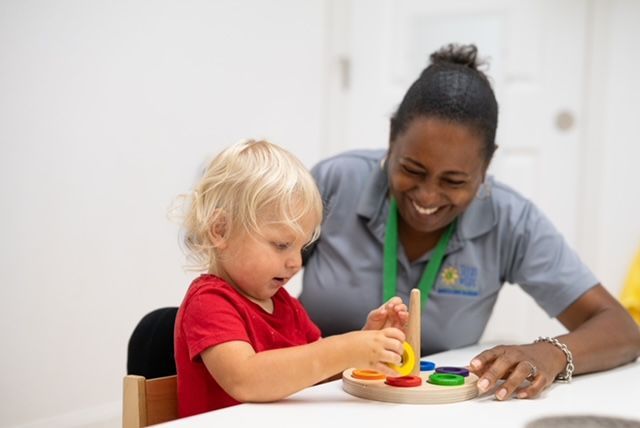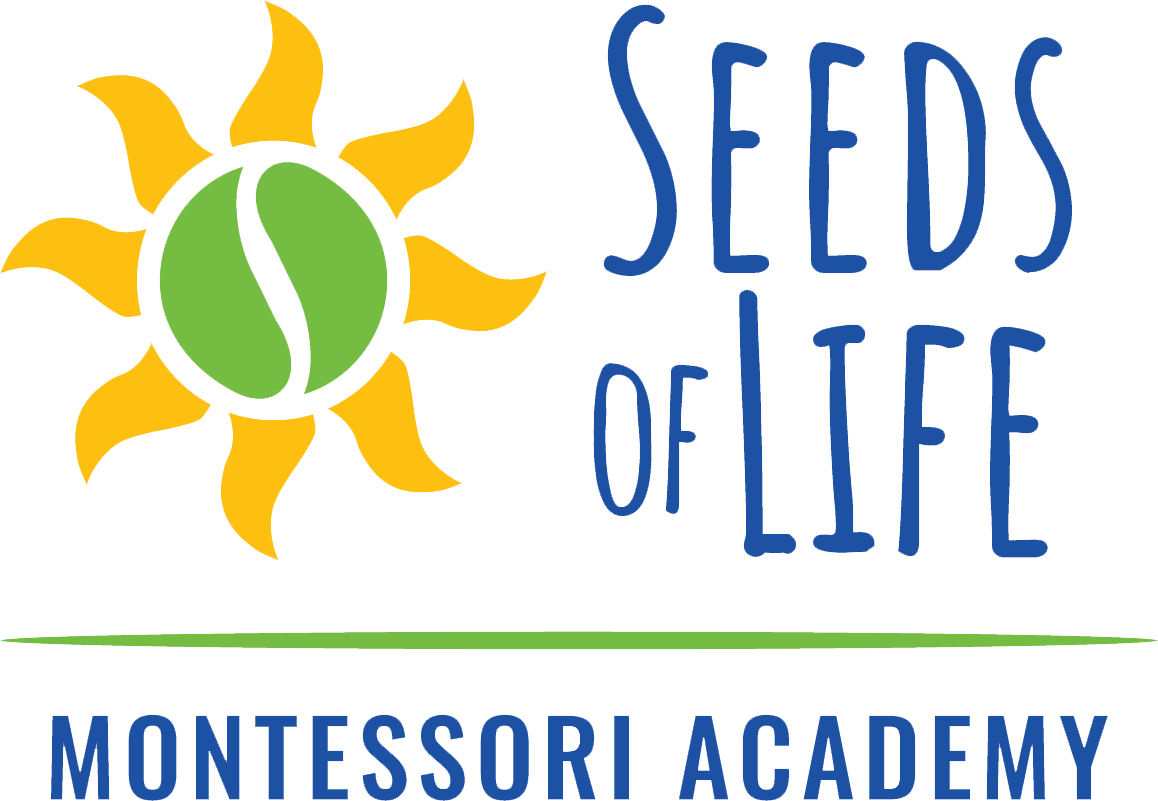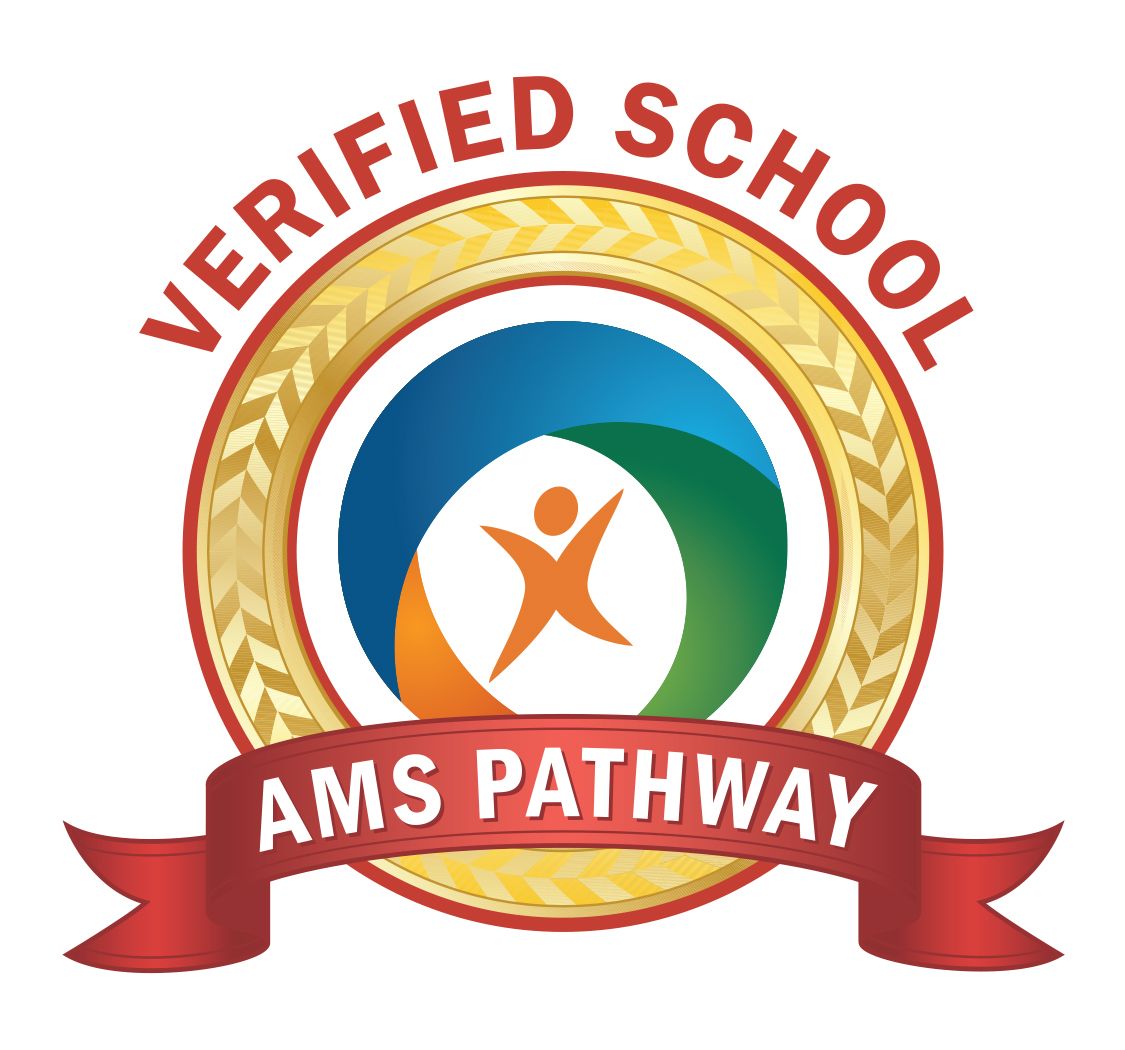
This is a subtitle for your new post

The Power of Connection:
A Foundation for Learning in Montessori Education
In the Montessori environment, where individualized learning is key, relationships are foundational to a child's academic, emotional, and social development. Maria Montessori once said that "the first essential for the child’s development is concentration," and it is through the power of connection and relationship that this concentration—and learning—flourishes. As Montessori teachers, we must shift our focus beyond academic lessons to deeply understand the role of relationships in a child’s overall development.
Bruce Perry, an expert on childhood trauma and neuroscience, emphasizes that "everything important about life as a human being you learn in the context of relationships." Perry's research reveals that the brain is neurobiologically designed for connection. From birth, humans rely on nurturing relationships, such as the bond between a mother and child, for survival and growth. Relationships provide safety, trust, and emotional security, essential ingredients for a child's brain to develop.
In the early stages of life, children form attachments that serve as the foundation for their emotional development. According to attachment theory, developed by John Bowlby and expanded by Mary Ainsworth, attachment is a deep emotional bond that connects one person to another across time and space. If children do not experience secure attachments early on, their ability to form healthy, trusting relationships later in life—and their ability to learn—can be compromised.
The science behind relationships and learning is clear. Positive relationships trigger the release of oxytocin, a hormone often referred to as the "love hormone." Oxytocin counters the stress hormone cortisol and enables the brain to relax and absorb new experiences, promoting learning. As Perry highlights, the brain's stress response and reward network are directly shaped by early childhood relationships, either in healthy or unhealthy ways. If teachers can cultivate positive, trusting relationships, they help children not only feel safe but also create an environment conducive to learning.
Dr. Mona Delahooke, a leading psychologist and expert in child development, echoes this sentiment, emphasizing the importance of seeing beyond behavior and understanding the child’s emotional and physiological needs. She suggests that the root cause of many behavioral issues is often linked to the child’s sense of safety within relationships. This is particularly true for neurodivergent children, who may need stronger relational bonds and safe, predictable environments to thrive.
This understanding leads us to a critical insight: the relationship between a teacher and a child is not just one of authority and knowledge transfer. It is an emotional bond that facilitates
learning by creating a safe and trusting environment where the child feels valued and understood. The work of Sara Rimm-Kaufman and Lia Sandilos from the University of Virginia reinforces this, stating that improving students' relationships with teachers has lasting implications for both academic and social development.
Montessori education, with its emphasis on the whole child, naturally aligns with this research. In our Montessori classrooms, children should be seen as individuals, each with their own needs, challenges, and strengths. Building genuine, deep relationships with each child is the first step in helping them open up and learn. Greeting a child at the door and knowing their interests is important, but this is just the starting point. To truly connect, teachers must engage with the child’s emotions, support their struggles, and celebrate their successes in a meaningful way.
As Montessorians, we must remember that the brain is shaped by the environments and relationships children experience, starting from birth. Our role as educators is not merely to teach academic content but to create a relational environment where children feel loved, safe, and understood. These relationships are the building blocks for healthy brain development, and consequently, the foundation of learning.
By fostering these relationships in our Montessori classrooms, we are preparing our children to be compassionate, emotionally intelligent individuals who will contribute positively to society.
Maria Chaffin




